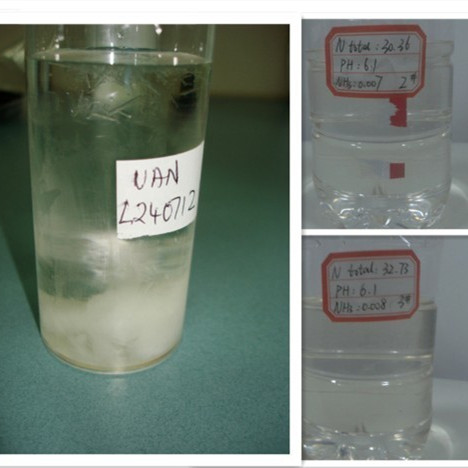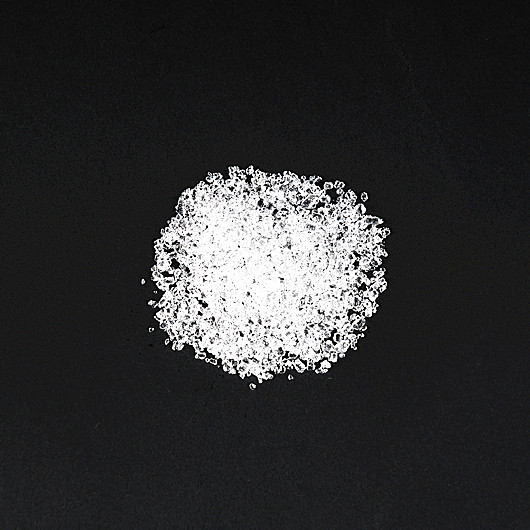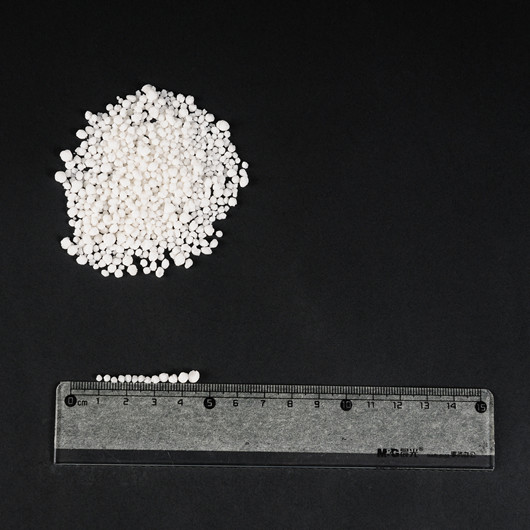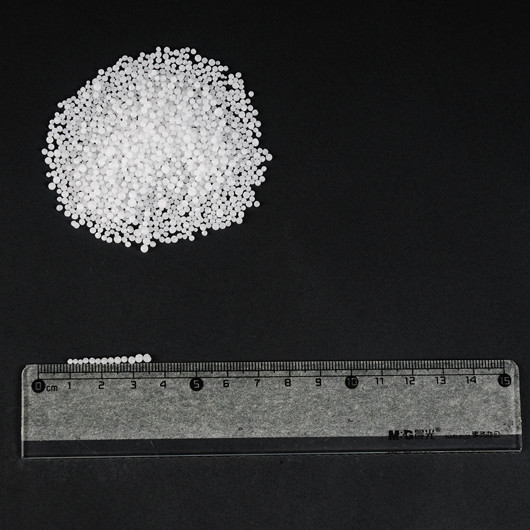.jpg)
What is Ammonium Nitrate?
Ammonium nitrate is an odorless, colorless or white, crystal salt produced by the reaction of ammonia and nitric acid.
How is Ammonium Nitrate used?
Ammonium nitrate is an important component of many fertilizer mixtures. It provides a sourceof nitrogen to plants, which increases growth and crop yields. Small quantities of ammonium nitrate are also sold as an additive for mining explosives and other nonagricultural uses.
What are the potential hazards?
Under normal handling conditions, ammonium nitrate is not harmful. However, inhalation of high concentrations of ammonium nitrate dust can cause respiratory tract irritation. Symptoms may include: coughing, sore throat, shortness of breath, or even suffocation. When swallowed in high concentrations, ammonium nitrate may cause headache, dizziness, abdominal pain, vomiting, bloody diarrhea, weakness, a tingling sensation, heart and circulation irregularities, convulsions, collapse, and suffocation. Ammonium nitrate forms a mild acid when mixed with water. This acid can cause irritation to the eyes, nose, and skin.
Is Ammonium Nitrate flammable or explosive?
Ammonium nitrate rating is non flammable, a fire from ammonium nitrate is very unlikely, but it is a strong oxidizing agent that can cause combustible materials (such as wood, paper, and oil) to ignite. Only under extreme conditions of heat and pressure in a confined space will ammonium nitrate explode. Should such an incident occur, there may be a visible cloud of ammonia, carbon dioxide and nitrogen oxides.
What are the Emergency Response procedures?
In the event of a spill or accidental discharge, the fire department will collect the spilled solid in suitable containers for reuse or disposal.
What should you do if you are exposed to Ammonium Nitrate?
For eye contact:
1. Check for and remove contact lenses.
2. IMMEDIATELY flush eyes with running water for at least 15 minutes, keeping eyelids open.
3. Obtain medical attention if irritation persists.
For skin contact:
1. Wash irritated skin with soap and water.
2. Dry and cover skin with a good quality dermatologic skincare lotion.
3. If irritation persists, seek medical attention.
For minor inhalation:
1. Loosen tight clothing.
2. Rest in a well ventilated area.
3. Obtain medical attention if irritation or symptoms persist.
For severe inhalation:
1. Use proper respiratory protection to evacuate affected individuals to a safe area as soon as possible.
2. Loosen tight clothing around the neck and waist.
3. Administer oxygen if breathing is difficult.
4. Perform artificial respiration if not breathing.
5. Obtain immediate medical attention.
For ingestion:
1. If conscious, drink several glasses of water or milk and induce vomiting
2. Never give anything by mouth to an unconscious person.
3. Lower the head so that the vomit will not reenter the mouth and throat.
4. Obtain medical attention.
What should you do in the event of a local or regional spill?
• Follow any special instructions given over the radio, T.V., or by someone in authority
• If there is a fire or explosion, stay away from the site. Follow marked emergency routes or directions from police to travel to your destination.
If there has been a release of toxic vapors follow these steps:
1. Go indoors immediately and close all doors, windows, and openings.
2. Turn on your radio or television to a local news station. (Be prepared to wait a few minutes for news.)
3. Follow any special instructions given over the radio or television, or by someone in authority.
4. Shut off all air conditioning units, fans, ventilation systems and clothes dryers. In winter, turn your furnace to its lowest setting.
5. Evacuate only if advised to do so by local authorities.
You may wish to:
6. Place wet towels at the base of doors or breathe through damp towels.
7. Bring in pets if they are nearby and easily found.
Unless you are told to do so by authorities:
• DO NOT evacuate or travel.
• DO NOT bring home children from school, or other family members from work.
• DO NOT call 911 or any other authority for information. Keep your telephone line free.



